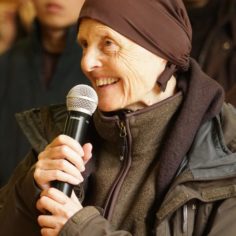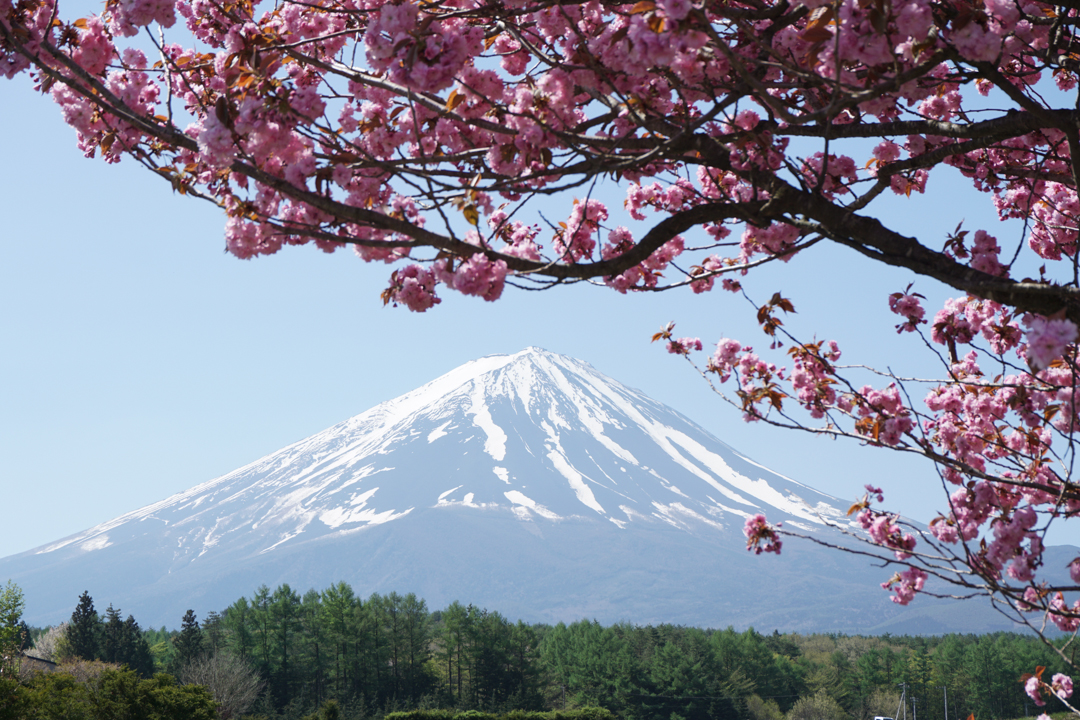By Sister Annabel Laity in February 2016
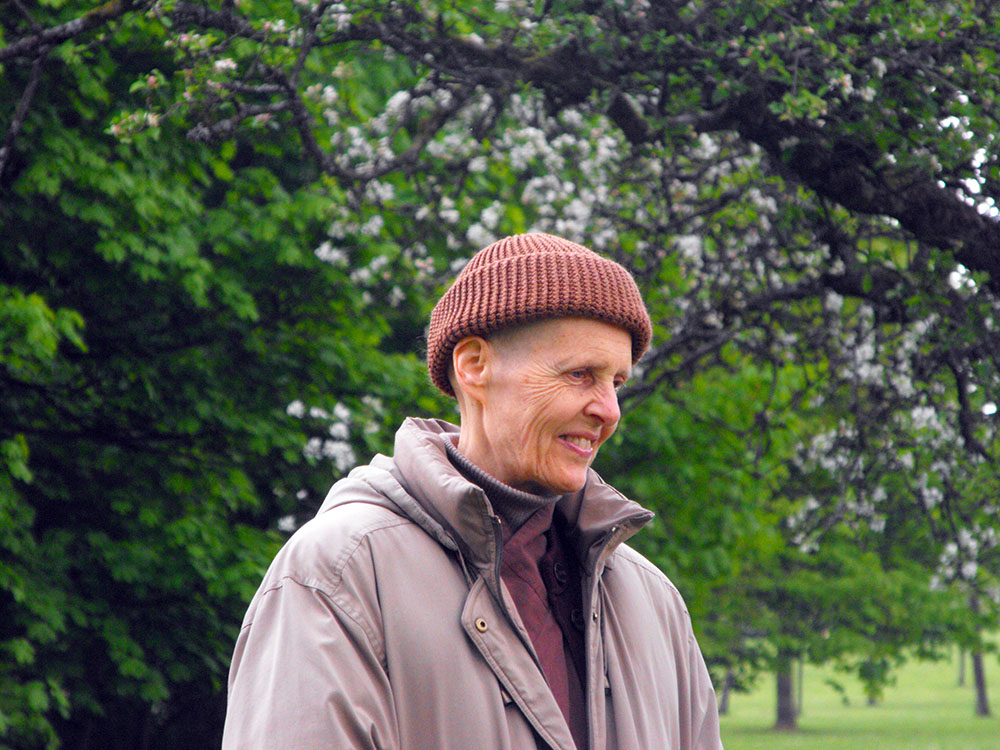
THE EIGHTH MINDFULNESS TRAINING:
TRUE COMMUNITY AND COMMUNICATION
Aware that lack of communication always brings separation and suffering, we are committed to training ourselves in the practice of compassionate listening and loving speech. Knowing that true community is rooted in inclusiveness and in the concrete practice of the harmony of views,
By Sister Annabel Laity in February 2016

THE EIGHTH MINDFULNESS TRAINING:
TRUE COMMUNITY AND COMMUNICATION
Aware that lack of communication always brings separation and suffering, we are committed to training ourselves in the practice of compassionate listening and loving speech. Knowing that true community is rooted in inclusiveness and in the concrete practice of the harmony of views, thinking and speech, we will practise to share our understanding and experiences with members in our community in order to arrive at a collective insight. We are determined to learn to listen deeply without judging or reacting and refrain from uttering words that can create discord or cause the community to break. Whenever difficulties arise, we will remain in our Sangha and practise looking deeply into ourselves and others to recognise all the causes and conditions, including our own habit energies, that have brought about the difficulties. We will take responsibility for all the ways we may have contributed to the conflict and keep communication open. We will not behave as a victim but be active in finding ways to reconcile and resolve all conflicts, however small.
THE TENTH MINDFULNESS TRAINING:
PROTECTING AND NOURISHING THE SANGHA
Aware that the essence and aim of a Sangha is the practice of understanding and compassion, we are determined not to use the Buddhist community for personal power or profit or transform our community into a political instrument. However, as members of a spiritual community, we should take a clear stand against oppression and injustice. We should strive to change the situation, without taking sides in a conflict. We are committed to looking with the eyes of interbeing and learning to see ourselves and others as cells in one Sangha body. As a true cell in the Sangha body, generating mindfulness, concentration and insight to nourish ourselves and the whole community, each of us is at the same time a cell in the Buddha body. We will actively build brotherhood and sisterhood, flow as a river and practise to develop the three real powers—love, understanding and cutting through afflictions—to realise collective awakening.
The revision of the Fourteen Mindfulness Trainings has added much to the practice of these trainings. They have always been deep and wonderful, but they seem to be more so every time they are revised, and that is probably because with each revision they become more appropriate to our time.
In recent years, Thay has emphasized that Sangha building is the noblest task. The Eighth and the Tenth Mindfulness Trainings are especially about Sangha building. I feel very happy every time I hear or read these two precepts.
THE EIGHTH MINDFULNESS TRAINING
Aware that lack of communication always brings separation and suffering, we are committed to training ourselves in the practice of compassionate listening and loving speech.
In the practice of Sangha building, communication is essential. It is the same in our family. One of the greatest obstacles to communication is that our lives are too busy. Our lives are busy because we want to make money, but more importantly because we are afraid of the emptiness and loneliness inside of ourselves, and keeping busy is a way to avoid that. Contradictorily, good communication will help to transform the loneliness inside of us best of all. The first step in good communication is to make or to allow time to communicate with our loved ones and our brothers and sisters in the Sangha. In my life as a nun, the most important thing is to be able to listen to my sisters. Unless I am very tired or in ill health, I am always available to listen to my sisters. At home we should always be ready to turn off the television or the Internet in order to be able to have a conversation with our loved one.
Imagine a family in which, when the parents and children come home from school or work, they help themselves to something to eat and then close the door of their room to eat and watch the television, and they spend the whole evening alone with the computer or their homework. In the morning, they grab a five- or ten-minute breakfast before going to work or school. During the weekend there are many outings with friends, extra classes, or extra work. In the beginning, the husband and wife decided to have a family in order to continue themselves in their children beautifully into the future, but now they have no time to talk to each other.
Research done in Canada shows that families who have regular meals together have a chance to share together and this makes for a much healthier lifestyle. The children are much less likely to become drug addicts or alcoholics, and they do better in their studies. One of the simplest and most effective ways for parents to be engaged in their teens’ lives is by having frequent family dinners. When parents know how to use loving speech, the children learn from this. When the parents practice deep listening, the children are able to open up and talk about their difficulties as well as sharing their happiness.
Knowing that true community is rooted in inclusiveness and in the concrete practice of the harmony of views, thinking and speech, we will practise to share our understanding and experiences with members in our community in order to arrive at a collective insight.
This is about playing a positive and active role in our family and community, and allowing and encouraging other members of our family or community to do the same. It is also about the practice of the harmony of views. The question is: Can we be as happy in a meeting as we would be in the Pure Land? Normally, human beings have opinions about the best way to proceed on certain matters, and the point of a meeting is to decide which opinion to follow. Some people say, “Let us not decide anything until there is a consensus.” They prefer not to use the majority vote because it excludes the opinions of some people in the meeting. With consensus, everyone is agreed. For consensus to be possible, there has to be deep listening and loving speech. We have every right to come to a meeting with an opinion, but we also have the duty to listen deeply to everyone else’s opinion and let go of our opinion as soon as we see its defects. A good meeting is one where everyone who has an opinion can express it. We have to train ourselves to speak well in a meeting. Our ideas should be expressed clearly without repetition.
What we should know is that all ideas have emotional content. Often we think that our arguments are purely rational, but it is not our rational mind that becomes attached to ideas. Our opinions are formed by our emotional relationship to our past experience. We should never make negative value judgments about someone else’s opinion in trying to convince others of the value of our own opinion. Of course we can point out the defects, as we see them, of another opinion but we should not use blaming and condemnatory language. When everyone can express their own idea with loving speech, there is an atmosphere of good circulation. Just as our body needs good circulation of blood and energy, so our meeting needs good circulation of ideas. Then we shall feel well.
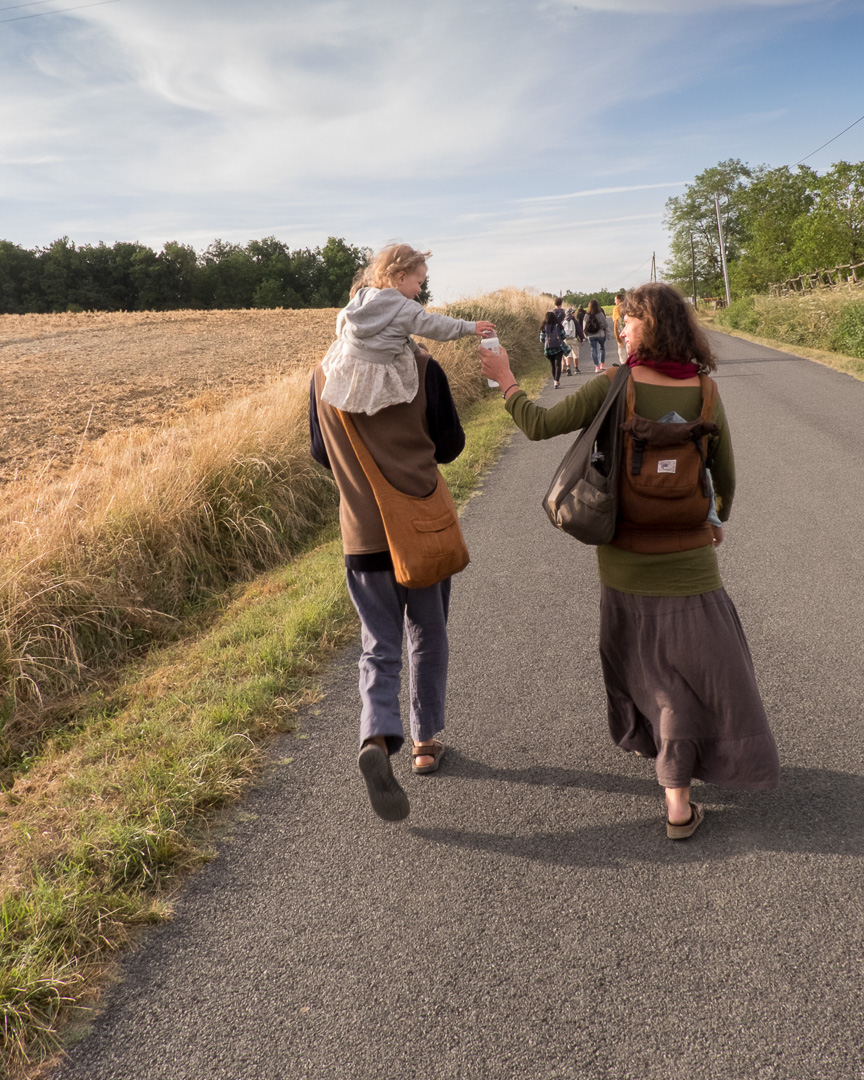
If, in a meeting, we are not successful in convincing others of the value of our opinion, we should look deeply to see how in the future we can better express it. It is often best to go in stages. You have many things you want others to accept, but you know it will be difficult for them to accept them all at once, so you just bring to the meeting what is most important.
We are determined to learn to listen deeply without judging or reacting and refrain from uttering words that can create discord or cause the community to break.
A mother or father who knows how to listen deeply to their children can relieve a great deal of the children’s suffering. Maybe what the child is saying sounds irrational; still, we should not tell the child to come to her senses. We can say, “I understand what you feel, but I know that it will pass, and if we can breathe together for a minute or two you will feel more peaceful about what is happening.”
We should not talk, or listen to others talk, in a negative way about a third person who is not present. If mother and father are having difficulties with each other, one parent should not speak negatively to the children about the other parent. If we find ourselves listening to a negative conversation about another person, we can ask to be excused: “I am sorry, I do not want to listen to unkind speech about someone who is not present.” If a child has a difficulty with her father, she can talk to her mother about it, but mother and daughter should not take sides against father. The first thing the mother does is to listen deeply to her daughter. She then encourages her daughter to understand her father and his difficulties and suggests to her daughter how she may talk to her father.
Whenever difficulties arise, we will remain in our Sangha and practise looking deeply into ourselves and others to recognise all the causes and conditions, including our own habit energies, that have brought about the difficulties. We will take responsibility for all the ways we may have contributed to the conflict and keep communication open. We will not behave as a victim but be active in finding ways to reconcile and resolve all conflicts, however small.
This is the practice of “sticking to the Sangha.” The individual and the Sangha are sure to encounter difficulties at some time or another. In the traditional Christian marriage ceremony, the couple vows to stay together for better, for worse, for richer, for poorer, in sickness, and in health. We have a similar commitment to the Sangha, but it is not a matter of forcing ourselves to stick to our partner or the Sangha. Thay has also said, “To divorce or not to divorce is not the question.” If we do not know how to practise stopping and looking deeply, whether we divorce or not, whether we leave our Sangha or not, we shall continue to suffer. If we do not transform our habit energies, even though we marry a new partner or join a new Sangha, we shall continue to suffer and in the end we shall need to divorce again.
If we want our Sangha to be a better Sangha, the best place to start is with our self. We make our self a more humble, patient, and open person. There are, of course, other causes and conditions that lead to difficulties. If we practise looking deeply, as we are encouraged by this mindfulness training, we shall not become a victim of the situation; we shall remain sovereign of ourselves. There is a tendency, when difficulties arise in the Sangha, to think that the difficulties are caused by other people and that there is nothing we can do except to suffer. This is a naïve tendency. If we look, we can see that our own positive attitude is very necessary for the transformation of the situation and we ask our self what we can do to help.
In the Sangha or the family where there is a conflict, everyone can acknowledge that he or she has contributed something to that conflict, even if it is only a small part. Rather than withdrawing, we come to the people with whom we need to practise beginning anew. In times of difficulty in the Sangha, our ability to come back to the island of our self is the first thing we have to do. With the practice of breathing and walking, we establish peace within our self and use that peace to look deeply into the situation.
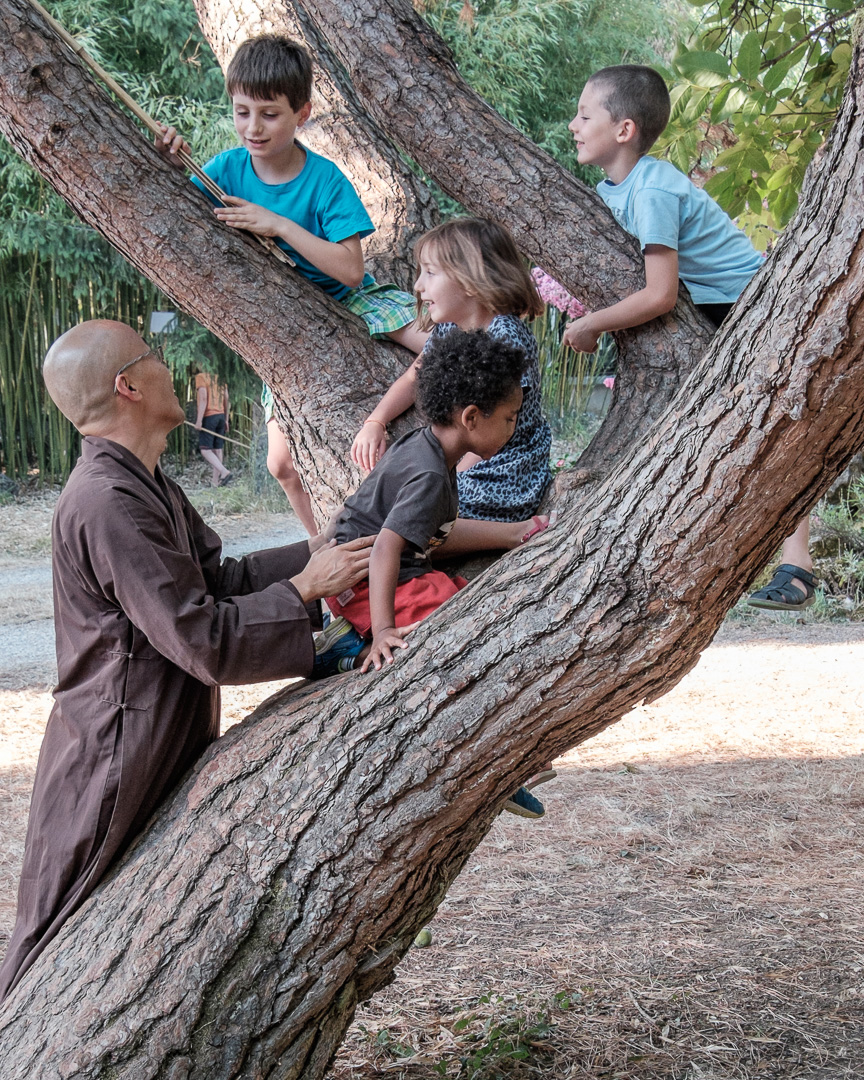
THE TENTH MINDFULNESS TRAINING
Aware that the essence and aim of a Sangha is the practice of understanding and compassion, we are determined not to use the Buddhist community for personal power or profit or transform our community into a political instrument. However, as members of a spiritual community, we should take a clear stand against oppression and injustice. We should strive to change the situation, without taking sides in a conflict.
As human beings we have, according to the Buddhist teachings, a level of consciousness called manas in Sanskrit. This level of consciousness is responsible for creating a sense of a separate self, an ego, I or me. This level of consciousness is also responsible for preserving the self that it has created. Our desire for power or profit arises from this instinct of self-preservation. We believe that if we have power, our self will be better protected. So everyone has a desire for power and for material things that will help them to survive. In Buddhism we also talk about self-sovereignty. This is the power we have to master our desires and our thinking. We talk about the three real powers: the power of cutting through
afflictions, the power of love, and the power of understanding. The Buddhist community is based on democracy, modified by a certain amount of seniority, but decisions in the monastic community are made by the consensus of all fully ordained monks or nuns of the community. This means that there is no abbot or abbess or other person in the community who has the power to make decisions without the consensus of the community.
In the history of the Order of Interbeing, there have been many beautiful examples of taking a stand against injustice without taking sides. In our Sanghas, many love letters have been written to politicians to encourage them to be more compassionate. There has always been the practice of looking deeply at those who are doing harm in order to understand their suffering and not to make them into our enemy. Peace walks, rather than peace marches with divisive banners and slogans, have always been the way of Plum Village practitioners. When we make a peace walk around a slaughterhouse, for example, we send our love and compassionate energy not just to the animals inside, but also to the workers who are doing the slaughtering and to the directors who make their money from the slaughter of animals. Many members of the community of interbeing, lay and monastic, are currently engaged in striving peacefully to protect our planet from man-made environmental disasters such as fracking.
We are committed to looking with the eyes of interbeing and learning to see ourselves and others as cells in one Sangha body. As a true cell in the Sangha body, generating mindfulness, concentration and insight to nourish ourselves and the whole community, each of us is at the same time a cell in the Buddha body.
These sentences are new. They were not in the original Tenth Mindfulness Training as were the sentences that precede them. They come from Thay’s experience and insight over the past decade. When reading these words, I feel very happy to be a cell in the Sangha body. I feel completely safe knowing that whatever difficulty might arise, as a Sangha we can face it. Maybe this has something to do with the fact that I am living among many young monks and nuns who were in the Prajna Monastery in Vietnam in 2009, when it was raided by malefactors; they did not react violently, and many were able to look on the malefactors with compassion.
Before a public talk given by Thay or a senior Dharma teacher of Plum Village, the monastic community stands in front of the Sangha to chant. This is an opportunity to practise being a cell in the Sangha body. We chant, breathe, and listen as one body. It is said the 19th and 20th centuries were the age of individualism, and this is the century when we have an opportunity to do better, thanks to the insight of interbeing: “I am you and you are me. Isn’t it wonderful that we inter-are?”
In our Sangha, we learn that the difficulties of one person are also our difficulties. The success of another is our success. We do not have to compete or compare and can overcome the superiority, inferiority, and equality complexes. What better place than the Sangha to overcome these complexes and to overcome the feeling of a separate self? In the monastic community we commit our self to the Sangha and let the Sangha make the final decisions about our welfare. This letting go of individualism makes us very free to devote ourselves to the practice of mindfulness, concentration, and insight.
Thay has said that the future Buddha will be a Sangha. We do our best to contribute all that our ancestors have handed down to us to the collective energy of the Sangha. Each member is a different kind of flower and just because of that, together we make a beautiful bouquet. One time, Thay was looking at a branch of maple leaves in Vermont. From several metres away the branch looked perfect, very beautiful. Coming up close, Thay saw that no individual leaf was perfect. Every leaf had places that had been chewed away by caterpillars. The Sangha is like that: as a collective, we can be Buddha, but as an individual we cannot.
We will actively build brotherhood and sisterhood, flow as a river and practise to develop the three real powers—love, understanding and cutting through afflictions—to realise collective awakening.
To build brotherhood and sisterhood is to see the capacities of each member of our Sangha and help him or her develop those capacities. This is something Thay has always done very well. He looks deeply at his disciples and suggests to them to do the things that they can do. Thay will say, “Write a song,” and we think there is no way we can write a song, but we go away and a song comes up from our store consciousness. So when the Sangha asks us to do something, we can go away and do it, and if we do not do it well, the Sangha will not ask us to do it again. If we do it well enough, the Sangha will ask us again until we become confident and well versed in that task. Sometimes the Sangha has asked me to do something like making a speech in Vietnamese but then they see that the pronunciation is not so good, so they do not ask me to do it again. Instead, they say, “Make the speech in English and someone will translate.”
We may want to receive the Fourteen Mindfulness Trainings, but our mentor and the OI Sangha say that we are not ready. This is a chance for us to wipe away all our complexes and flow with the river. If we can accept that Sangha decision and with humility continue to put our whole heart into the practice, and see that whether or not we are ordained as a core member is not so important, then we are a true student of Thay and of the Sangha that represents Thay. Therefore, we are worthy to receive the trainings in the future. We realize there is no way to happiness; happiness is the way.
The 50th anniversary of the Fourteen Mindfulness Trainings is a great opportunity for us all, whether we are core members or supporting members of the Order, to look deeply into each training with our Sangha. We can be inspired by these trainings to discover ways to hand on what is good, beautiful, and true to our children and grandchildren—a planet that is a beautiful place to live.
